The Fight Against Food Insecurity in Savannah
“Governor Phil Murphy announces new funding to combat food insecurity in New Jersey with Senate President Sweeney, Assembly Speaker Craig Coughlin, Senator Vin Gopal, Department of Human Services Commissioner Carole Johnson, and Community FoodBank of New J” by GovPhilMurphy is licensed under CC BY-NC 2.0.
Food insecurity has no face.
Whether low income, no income, college student or a family of 5, anyone can experience this silent phenomenon defined as a lack of consistent access to enough food for an active, healthy life.
“Most of our clients do have jobs. They go to work every day… and these people still can’t afford to support themselves” says Emmaus House clinic director April Devoe.
Emmaus’s house soup kitchen is one of many agencies across Savannah that are working in tandem to achieve the UN sustainability goal of zero hunger.
United Way of the Coastal Empire is a heavy hitter for the Savannah area investing more than $3.36 million in aid into 54 nonprofits including local food initiatives like the Emmaus House soup kitchen, the Food Distribution Center, America’s Second Harvest and the Forsyth Farmers’ Market.
Each agency uniquely serves the community from providing the food for pantries, to serving it up hot to providing a mobile fresh market that doubles food stamps.
Couple that with donations from private donors and volunteers contributing over 17,000 hours of service a brighter full future is in sight for savannah.
Even here at the eagle’s nest, Captain’s Cupboard and Eagle Essentials food pantries offer students nonperishable (actually tasty) goods as well as hygiene products free of charge.
It is evident savannah is working to end food insecurity one plate at a time, but how did residents end up in food disparities and are these initiatives solving the root cause?
To answer these questions we need to step back and look at the bigger picture.
Savannah has not always experienced the food-related hardship we see today, and it is no accident that grocers have left the area in flocks.
Today More than 30,000 live in food apartheid in the savannah area alone.
In urban areas, a community is considered a food apartheid if at least 500 people live more than 1 mile from the nearest large grocery store.
The word apartheid is replacing desert, as a desert leads the imagination to barren natural wastelands when lack of access in communities is a man-made issue.
Food apartheid is present and pervasive in Low-income, impoverished areas due to the reward and normalization of putting profit over people in American society.
This has led to a combination of zoning restrictions not allowing grocery stores in communities, the minimum wage not increasing in 13 years and poor infrastructure leaving residents strapped for healthy options throughout their lives.
Chronic disease runs rampant as fast food and corner stores that began springing up selling highly processed food and drink that are often the closest and most affordable options.
Minorities and those with low income have always had the short end of the stick.
So what is the city of Savannah doing to stop the perpetuation of poverty and food insecurity?
In 2017, goals such as a 20% reduction in the number of Savannahians experiencing food insecurity by 2025 and the poverty reduction by 1% every four years by 2021 were set by the city of Savannah –though unclear on what projects are being lead by the city specifically.
In 2022, Savanah is making an effort to give everyone a seat at the table by Talking with residents in food apartheid about their needs, partnering to improve walkability and donating to nonprofits supporting their 2017 goals.
On September 28th, the White House is hosting the first conference on Hunger, Nutrition and Health since 1969. The 1969 conference held announcements that led to the creation of school lunches and food assistance programs like food stamps.
It is currently unknown what the Biden administration will announce and how it will be implemented by the city of Savannah.


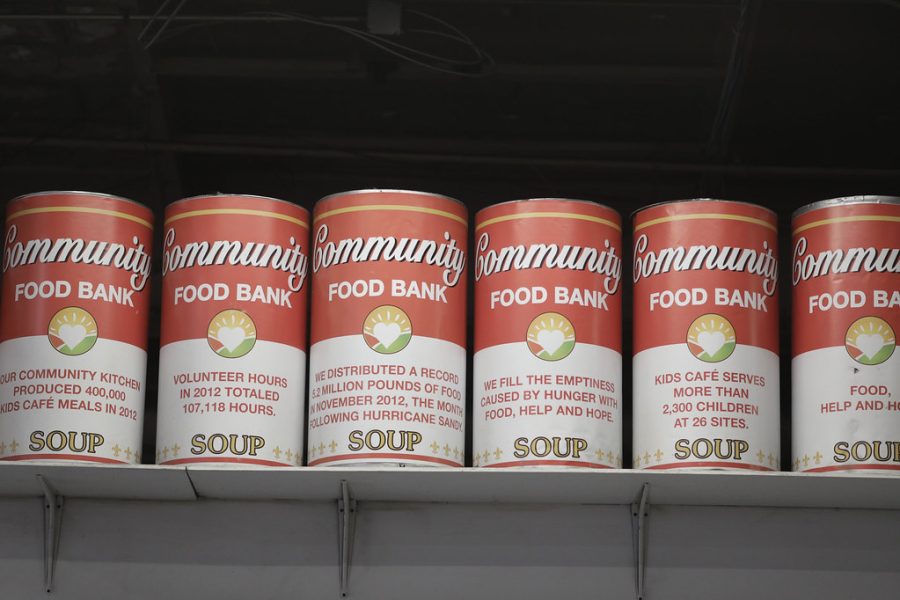

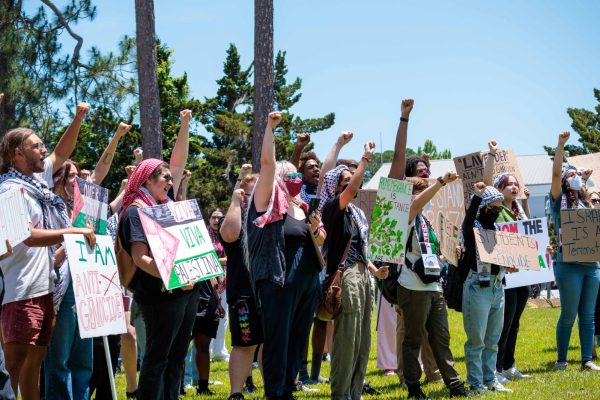
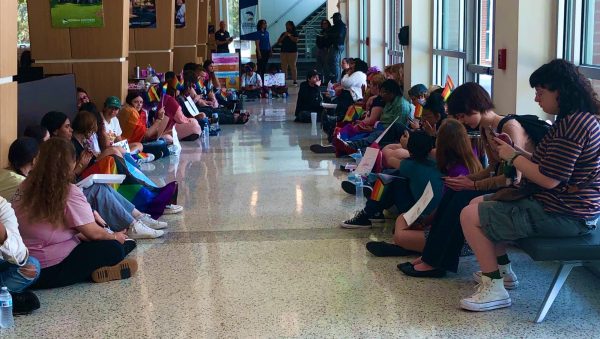


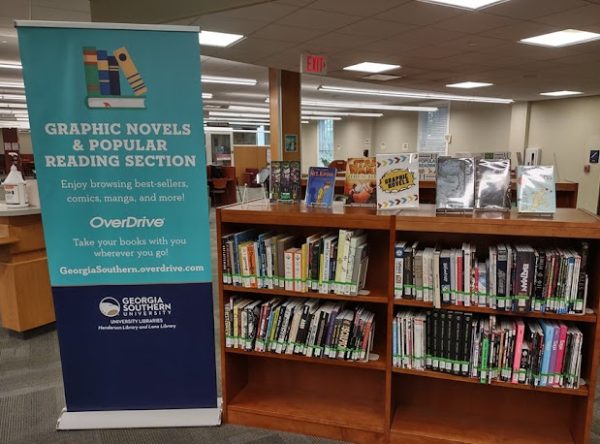
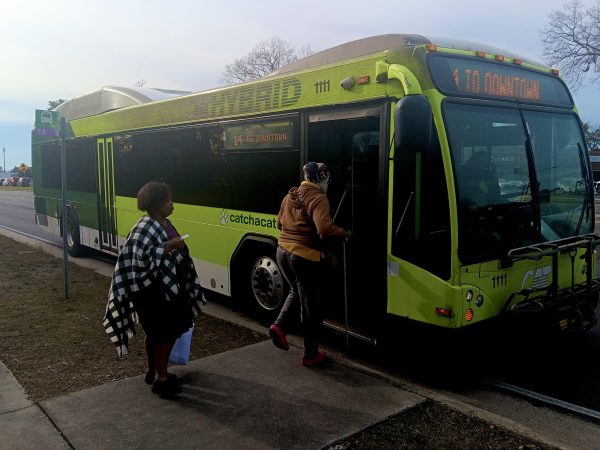
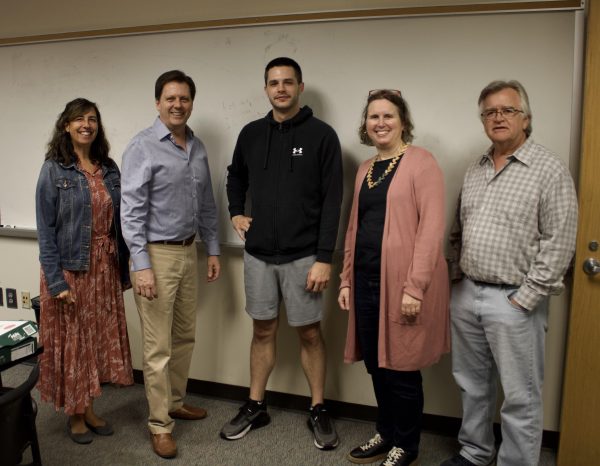



Yvonne Charles • Oct 6, 2022 at 9:45 pm
Well written and researched.Extremely informative ❤️❤️
Chris Charles • Oct 6, 2022 at 2:01 pm
Well done!
pilar • Sep 19, 2022 at 1:31 pm
Awesome article!! poverty sucks 🙁